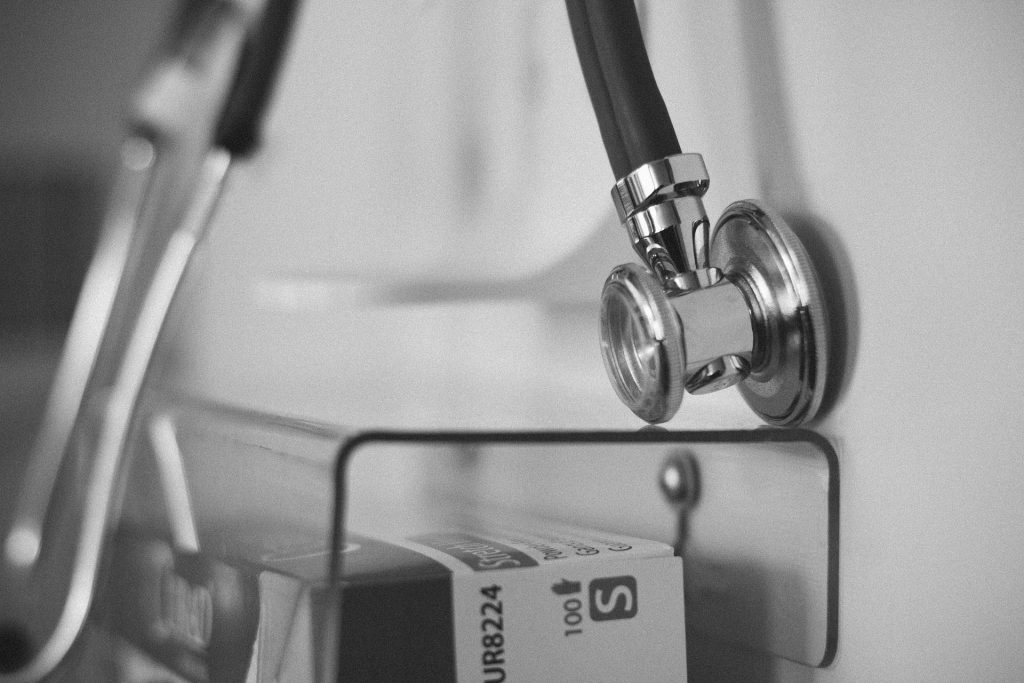If you are scheduled for a colorectal clinic London appointment, it is important to know what to expect. This article will provide you with information about colorectal clinics and what to expect when you go for your appointment. We will discuss the types of procedures that may be performed at a colorectal clinic, as well as the benefits of seeking treatment at one. If you have any questions or concerns, be sure to speak with your doctor before your appointment!
What is a colorectal clinic?
A colorectal clinic is a specialized medical facility that offers treatment for conditions affecting the colon and rectum. This type of clinic can offer a range of services, including diagnostics, surgery, and radiation therapy. If you are experiencing any problems with your bowel movements, it is important to consult with a specialist at a colorectal clinic.
What procedures may be performed at a colorectal clinic?
There are many different procedures that may be performed at a colorectal clinic London. Some of the most common include:
- Colonoscopy: This procedure uses a thin, flexible tube called a colonoscope to examine the inside of the colon. A colonoscopy can be used to diagnose colorectal cancer, as well as other conditions such as Crohn’s disease and ulcerative colitis.
- Sigmoidoscopy: This procedure uses a flexible, lighted tube called a sigmoidoscope to examine the rectum and lower part of the colon. A sigmoidoscopy can be used to diagnose colorectal cancer, as well as other conditions such as diverticulitis.
- Biopsy: During a biopsy, a small sample of tissue is removed from the colon or rectum and sent to a laboratory for analysis. A biopsy can be used to diagnose colorectal cancer, as well as other conditions such as inflammatory bowel disease.
- Double-contrast barium enema: This procedure uses X-rays and a contrast solution to produce images of the colon and rectum. A double-contrast barium enema can be used to diagnose colorectal cancer, as well as other conditions such as colitis.
- CT colonography: This procedure uses computed tomography (CT) to produce images of the colon and rectum. A CT colonography can be used to diagnose colorectal cancer, as well as other conditions such as colitis.
What are the benefits of these clinics? - These clinics can provide you with a diagnosis and treatment plan for colorectal cancer.
- These clinics can also provide you with information about colorectal cancer prevention.
- These clinics can also offer support and resources for patients and families affected by colorectal cancer.
What are the risks? - There are some risks associated with these procedures, but they are generally very safe.
- The most common risk is mild discomfort during the procedure.
- more serious complications, such as perforation of the colon, are rare.
We hope this information has been useful to you.





